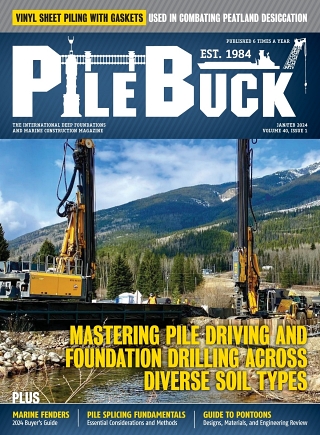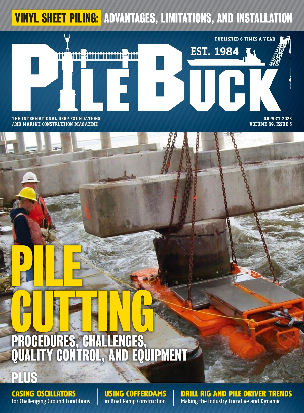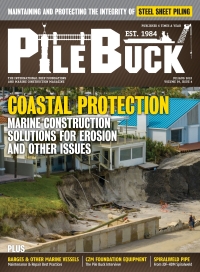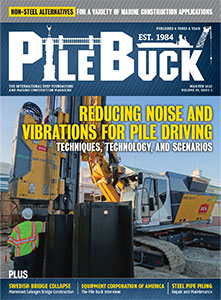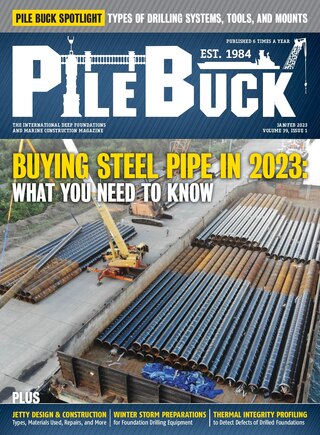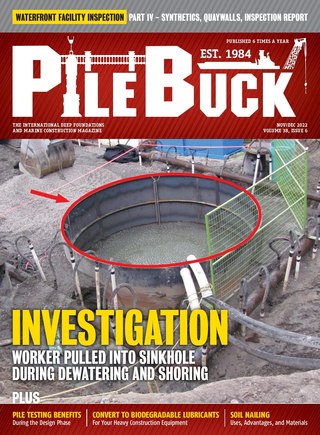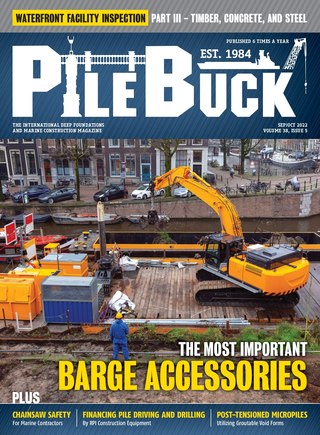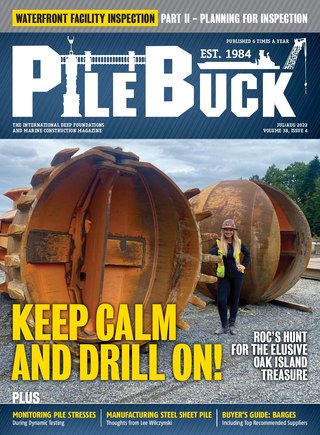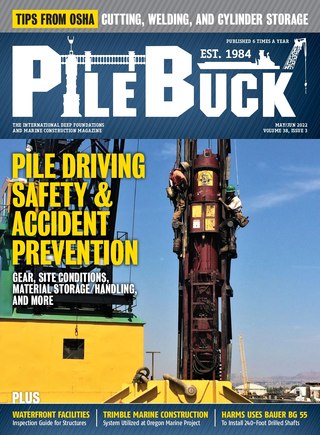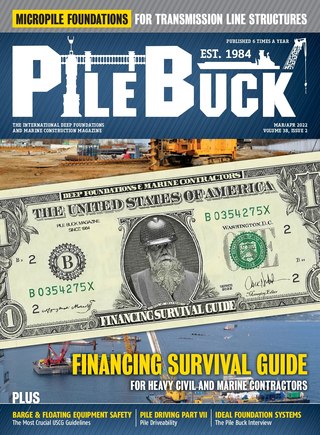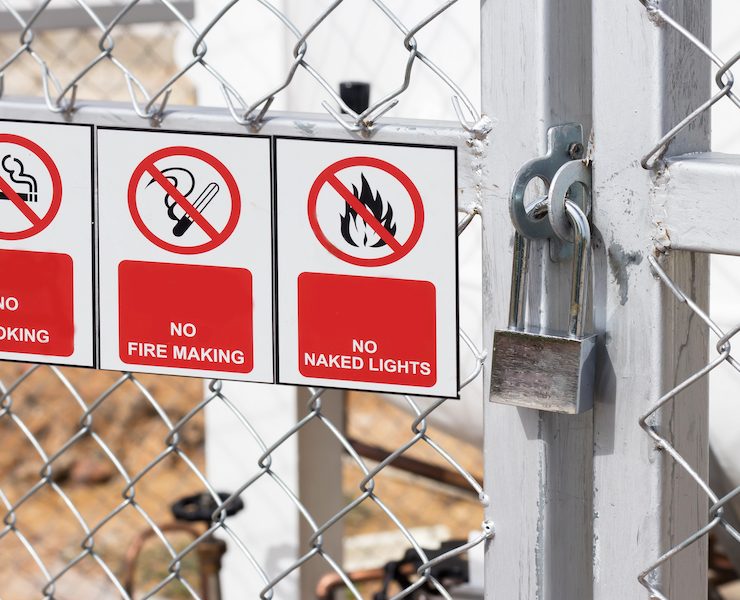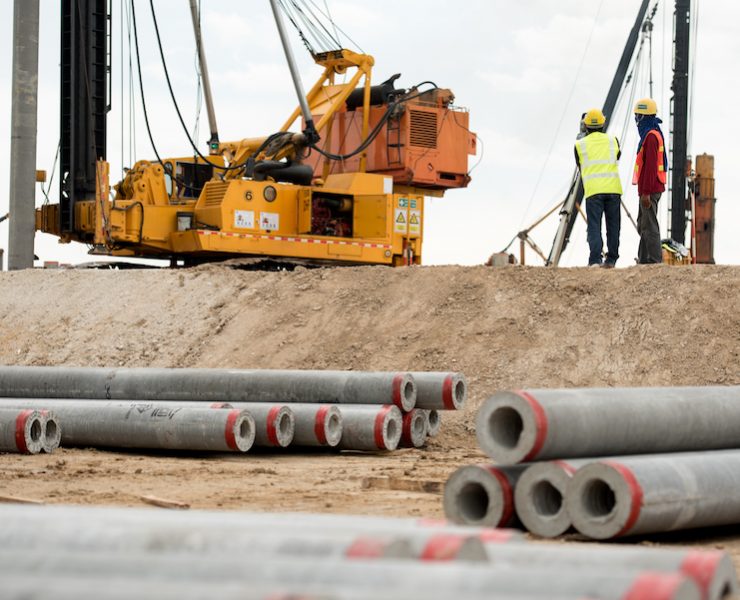Tips for Maintaining Heavy Construction Equipment
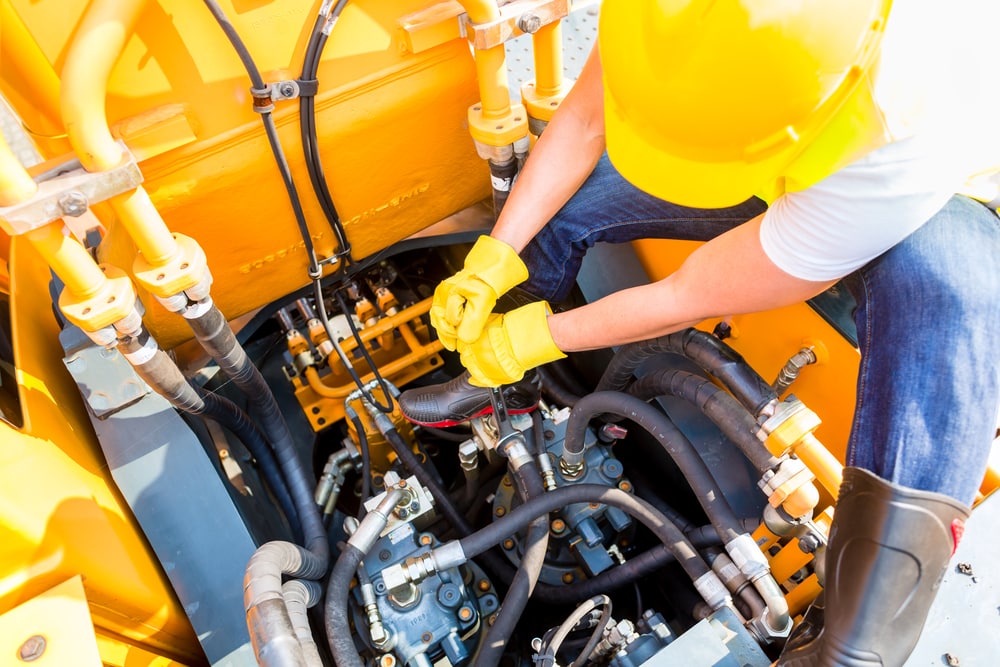
Heavy machinery can be one of the most costly investments for a contractor, so proper maintenance of such equipment is vital to ensuring a maximum return on investment—not to mention the fact that the extra care increases both production and profit on individual construction jobs. After all, if your heavy equipment breaks down, it may well stop or significantly delay work for an entire construction site, potentially costing your company thousands or even millions of dollars.
Establishing a regular maintenance schedule for your heavy construction equipment is a simple way of protecting your investment and avoiding costly breakdowns. By developing and enacting a preventative maintenance routine, you can not only extend the life of your equipment, but also save time and money.
Implementing a Maintenance Routine
The first step in properly caring for your equipment—and perhaps the most important step—is establishing a regular routine for inspecting and maintaining equipment. Each piece of equipment should be checked on a daily basis in order to watch for issues such as fluid levels, proper tire inflation, leaks in fluid lines, and/or any loose, cracked, or missing teeth on attachments’ cutting edges. Regular maintenance needs, such as oil changes or new brakes, should be performed in accordance with manufacturers’ specifications and scheduled in advance. By scheduling such repairs in advance, contractors can ensure that they are not forgotten and that plans can be made to work around a machine’s downtime, avoiding lost productivity.
However, if your equipment is exposed to particularly harsh environmental conditions, then you’ll also want to adjust manufacturer recommendations accordingly. For example, in an area with a lot of dust, changing air filters might be required on a more frequent basis.
Keeping your equipment clean and free of debris should be another part of routine maintenance that can help to extend the life of equipment and prevent corrosion, so attention to surroundings and environment should be given regular attention. Ideally, this can be attended to along with daily checks for upkeep issues such as those listed above.
Following Manufacturer Recommendations
Maintaining your heavy construction equipment requires more than simply following a manufacturer’s maintenance schedule. Taking proper care of your equipment while it is in use is also critically important to avoiding machine failure. One way that you can reduce the risk of breakdowns is by following a manufacturer’s guidance when it comes to how equipment should be utilized.
Each piece of heavy construction equipment was designed with a specific task in mind, and to be used with certain attachments and parts. When operators use equipment for jobs they were not designed for, repair them with inappropriate parts, or use attachments that do not fit properly, they run the risk of causing a machine’s breakdown. Following the manufacturer’s recommendations for how equipment should be used and repaired—including which parts should be purchased—is an important component of maintaining your fleet.
It should be noted that specific machines were also manufactured to lift and carry a certain amount of weight, and operators should be aware of such limits. Exceeding the performance specifications and limitations of a particular piece of equipment can compromise its efficiency and effectiveness, and can ultimately lead to a failure that may endanger workers. Failing to follow weight limits for loads, inclines for transits, and other specifications can contribute to both mechanical issues and safety issues.
Training Employees in Proper Machine Operation
A properly trained operator can make a significant difference in the longevity of a particular machine. A well-trained operator will cause less wear on equipment, as he or she will understand the machine’s capabilities and limitations while also picking up on any maintenance issues immediately. A good training program for a heavy equipment operator should include a review of the operator’s manual for the specific piece of equipment, a demonstration of the systems and controls, a review of the preventative maintenance routine for the machine, and testing to ensure that the operator has acquired the right skills and knowledge. For some equipment, special certifications may be required before operation commences.
Storing Equipment
A final piece of the maintenance puzzle involves making sure that your heavy construction equipment is stored in a secure, dry location in order to protect it from the elements. If you have followed the above steps, you will already be spending a fair amount of time on performing routine and preventative maintenance, but taking this final action of storing your equipment in a covered location—and keeping it away from moisture and direct sunlight when not in use—will ensure that your hard work will not be wasted. By properly storing your equipment, you will reduce the risk of rust, corrosion, and other degradation.
Setting up a maintenance schedule for your heavy construction equipment is a smart way to start extending the life of your machinery and prevent costly delays on your job sites. Going further, contractors who commit to daily inspections and following manufacturer guidelines in all respects will get the utmost value from their equipment, and be ensured that on-site safety guidelines and warranties can be upheld on a long-term basis. By following these tips, a contractor can establish a solid plan for preventative maintenance and increase the productivity and efficiency of machinery.
How often should I inspect my heavy construction equipment for maintenance issues?
Daily inspections are crucial to identify issues such as fluid levels, tire inflation, and attachment conditions, ensuring optimal performance.
Why is it important to follow manufacturer recommendations for equipment use and repairs?
Adhering to manufacturer guidelines ensures proper utilization, prevents breakdowns, and maintains the efficiency, effectiveness, and safety of heavy construction equipment.

